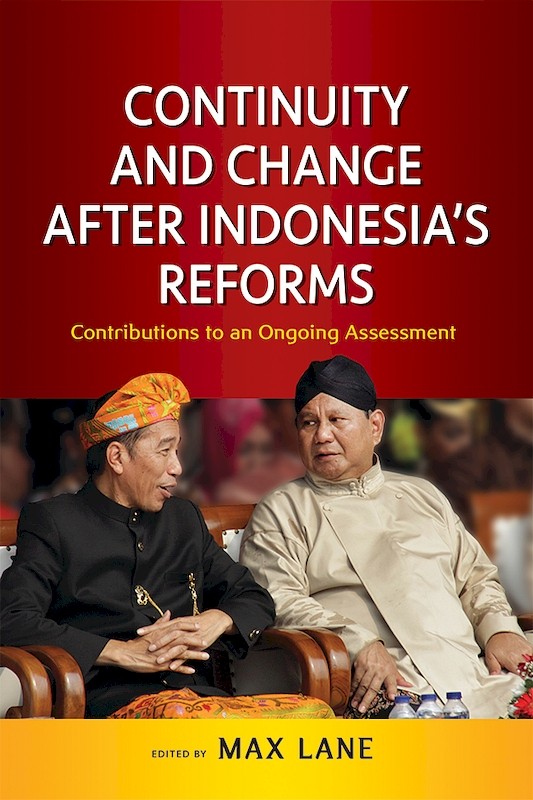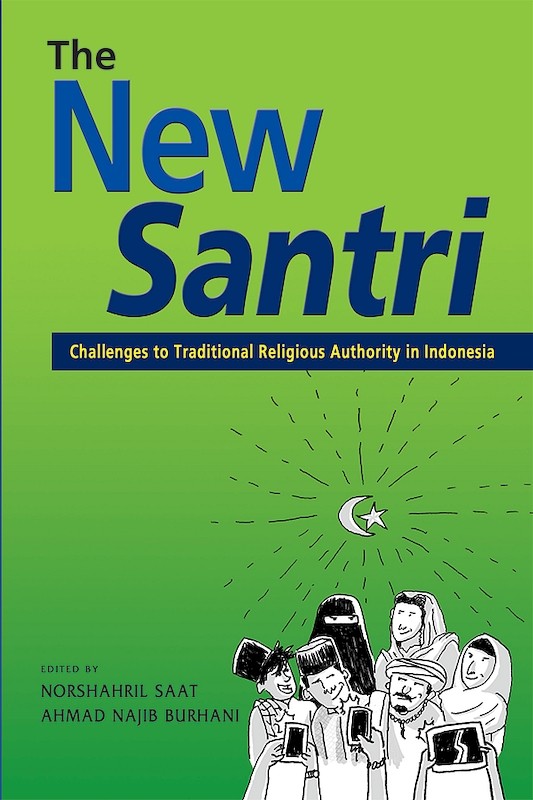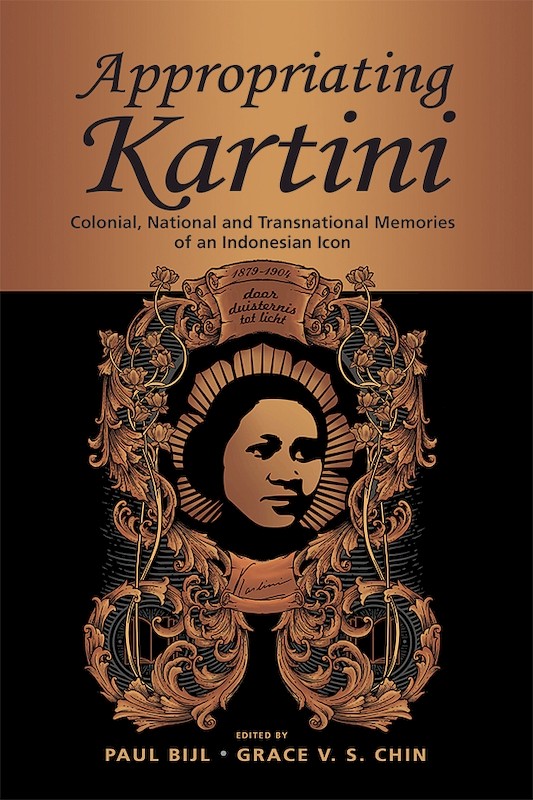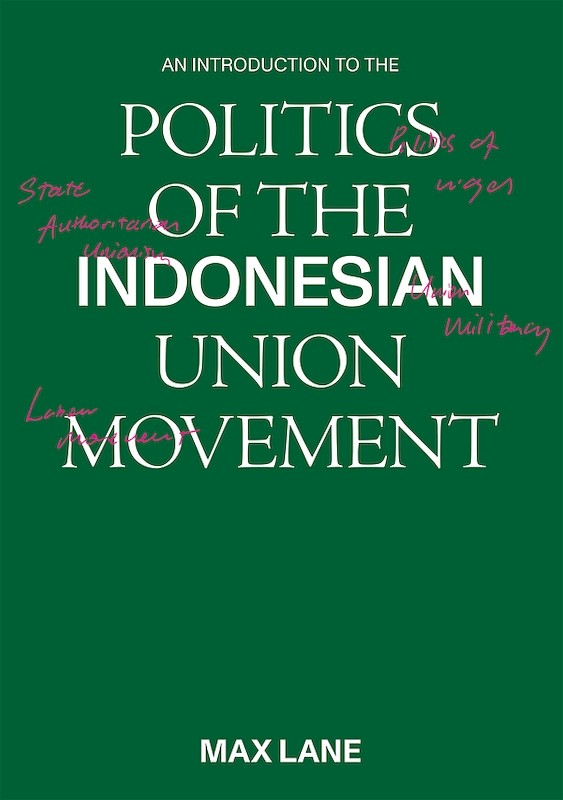Environmental Movements and Politics of the Asian Anthropocene

Date of publication:
2021
Publisher:
ISEAS – Yusof Ishak Institute
Number of pages:
374
Code:
PIC282
Soft Cover
ISBN: 9789814951081
Reviews
Chyatat Supachalasai, Japan Science and Technology Agency (JST), 3 November 2022
"In summary, this well-written book with nine convincing qualitative case studies offers a round-up of the relationships between governance systems, environmental movements, state policy, human rights, and democratization in different parts of Asia. The volume succeeds in stimulating a fruitful empirical and theoretical discussion on the Anthropocene in Asia by offering in-depth analyses on the impacts of the environmental movement on state administration and how all stakeholders have been expected to move forward for ecological advancement."
Click here to read the full review.
Click here to read the full review.
Dafydd Fell, International Journal of Taiwan Studies (Brill) (2022) 1–3, 27 October 2022
" Environmental Movements and Politics of the Asian Anthropocene, edited by Paul Jobin, Ming-sho Ho, and Hsin-huang Michael Hsiao is a welcome addition to the growing literature on environmentalism in Asia. The book attempts to build on and update a number of similar publications that came out in the late 1990s, such as Lee and So’s Asian Environmental Movements: Comparative Perspectives (me Sharpe, 1999). This important book is also likely to be widely used for teaching and to have a long shelf life."
“The book has a clear focus on the relationship between environmental movements and politics. This involves looking at how environmental movements have affected their countries’ political system and environmental policies, as well as how changes in the political system impact on environmental movements and outcomes. Therefore, the book makes an important contribution to the debate over whether democracies or authoritarian systems are better placed to deal with contemporary environmental challenges."
Click here to read the full review.
“The book has a clear focus on the relationship between environmental movements and politics. This involves looking at how environmental movements have affected their countries’ political system and environmental policies, as well as how changes in the political system impact on environmental movements and outcomes. Therefore, the book makes an important contribution to the debate over whether democracies or authoritarian systems are better placed to deal with contemporary environmental challenges."
Click here to read the full review.
"In an era recognized as that of the Anthropocene, political leaders and citizens are increasingly engaging with environmental politics and advancing different practices and approaches to respond to the earth’s geophysical conditions. While there have been lively debates over the need to bypass the dominant onto-epistemological categories of Western modernity (e.g. human–nature divide), scholarship exploring the plurality of ways of thinking and knowing the meaning of the Anthropocene is lacking in the literature. Because it brings hitherto under-explored Asian contexts into the conversation, Environmental Movements and Politics of the Asian Anthropocene is a significant contribution to this debate."
"Rich in ethnographic detail, it will find an audience among scholars, students, practitioners, and analysts interested in a broad range of issues ranging from environmental politics to political regimes."
"Rich in ethnographic detail, it will find an audience among scholars, students, practitioners, and analysts interested in a broad range of issues ranging from environmental politics to political regimes."
Jill Baker, Asian Review of Books, 9 October 2021
"Comprised of country studies, the book resists the idea of sweeping, global solutions. It is interesting for anyone who wants to know more about the struggle for environmental justice in the regions studied, and it gives the reader a sense of the evolution or devolution of the specific political environments."
About the publication
“This collection provides a powerful and sophisticated analysis of how environmental movements influence politics in Asia, and how politics influences movements.”
John S. Dryzek, Centenary Professor, University of Canberra
"This important book reflects the challenges and questions currently foremost in scholars’, activists’ and policy-makers’ minds—the Anthropocene, environmental justice, China’s Belt and Road Initiative, and post-politics—all addressed through the lens of environmental movements in Asia."
Jonathan Rigg, Professor at the School of Geographical Sciences, University of Bristol
“How have authoritarianism, democratization and political change affected environmentalism in East and Southeast Asia? How have environmental mobilization and demands for environmental justice at the grassroots influenced politics there? These are among the vital questions answered by this insightful and well-crafted volume.”
Paul G. Harris, Chair Professor of Global and Environmental Studies, Education University of Hong Kong
“This book shows convincingly that the concept of Anthropocene is as relevant in Asia as anywhere.”
Philip Hirsch, Emeritus Professor of Human Geography, University of Sydney
“Despite its claims to universality, the Anthropocene concept remains largely a Western phenomenon. This book is crucial in correcting this view by putting environmental movements in Asia center stage.”
Eva Horn, Professor of Literature and Cultural History, University of Vienna
Contents
-
Environmental Movements and Politics of the Asian Anthropocene
[Whole Publication, ISBN: 9789814951401], by Paul Jobin, Ming-sho Ho, Hsin-Huang Michael Hsiao, editors -
Preliminary pages
-
1. Environmental Movements and Politics of the Asian Anthropocene: An Introduction, by Paul Jobin, Ming-sho Ho, Hsin-Huang Michael Hsiao, authors
-
2. Environmental Movements in Taiwan’s Anthropocene: A Civic Eco-Nationalism, by Paul Jobin, author
-
3. Environmental Movements in Post-handover Hong Kong: Between Managerialism and Radicalism, by James K. Wong , Alvin Y. So, authors
-
4. The Post-politics of Environmental Engagement in Singapore, by Harvey Neo, author
-
5. Environmental Movements in the Philippines: Contestation for Justice in the Anthropocene, by Francisco A. Magno, author
-
6. Environmental NGOs in “Post-New Order” Indonesia: Saving the Forests Through Democracy, by Suharko Suharko, author
-
7. Environmental Activism in Malaysia: Struggling for Justice from Indigenous Lands to Parliamentary Seats, by Fadzilah Majid Cooke , Adnan A. Hezri, authors
-
8. State, NGOs, and Villagers: How the Thai Environmental Movement Fell Silent, by Jakkrit Sangkhamanee, author
-
9. Environmental Movements in Vietnam under One-Party Rule, by Stephan Ortmann, author
-
10. The Cambodian Neopatrimonial State, Chinese Investments, and Anti-dam Movements, by James W.Y. Wang, author
-
11. Conclusion: Environmental Movements and Political Regimes, or Why Democracy Still Matters in the Anthropocene, by Paul Jobin, author
-
Index






